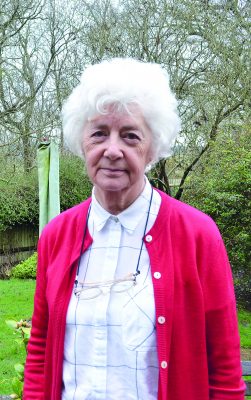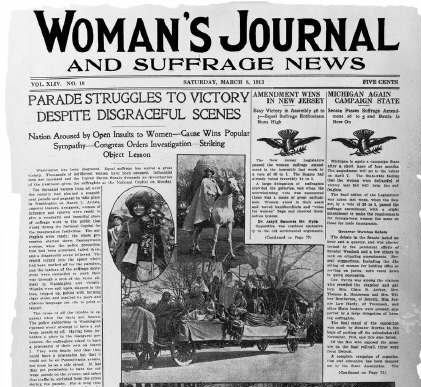In celebration of Women’s History Month, LSJ News takes a look at one of history’s least known, yet most influential suffragettes, Jessie Boucherett (1825 – 1905). The youngest daughter of the High Sheriff of Lincolnshire, Asycogne Boucherett, Jessie was a radical and philanthropist who dedicated her life to getting women into work.
By the mid 1800s, there were over 3 million women in the UK who had no men to support them through either death or divorce and no means of income to support themselves. Inspired by an article in the English Women’s Journal, Jessie travelled to London where she met with prominent suffragettes who were trying to tackle this problem and through a number of sizeable donations, set up the Society for the Promotion of Employment for Women (SPEW).
Jessie Boucherett not only founded the society but continued to fund the society and the women’s movement up to her death in 1905. SPEW, or Futures For Women as it is now known, was set up to encourage women towards economic independence and continues today to provide funding for women’s education and training.
Dr Anne Bridger, Oxford historian and academic, recently conducted extensive research into the life and legacy of Jessie Boucherett. In the audio clip below, Anne talks to me about Jessie’s involvement in the society and what Jessie’s legacy might be if she were alive today.














